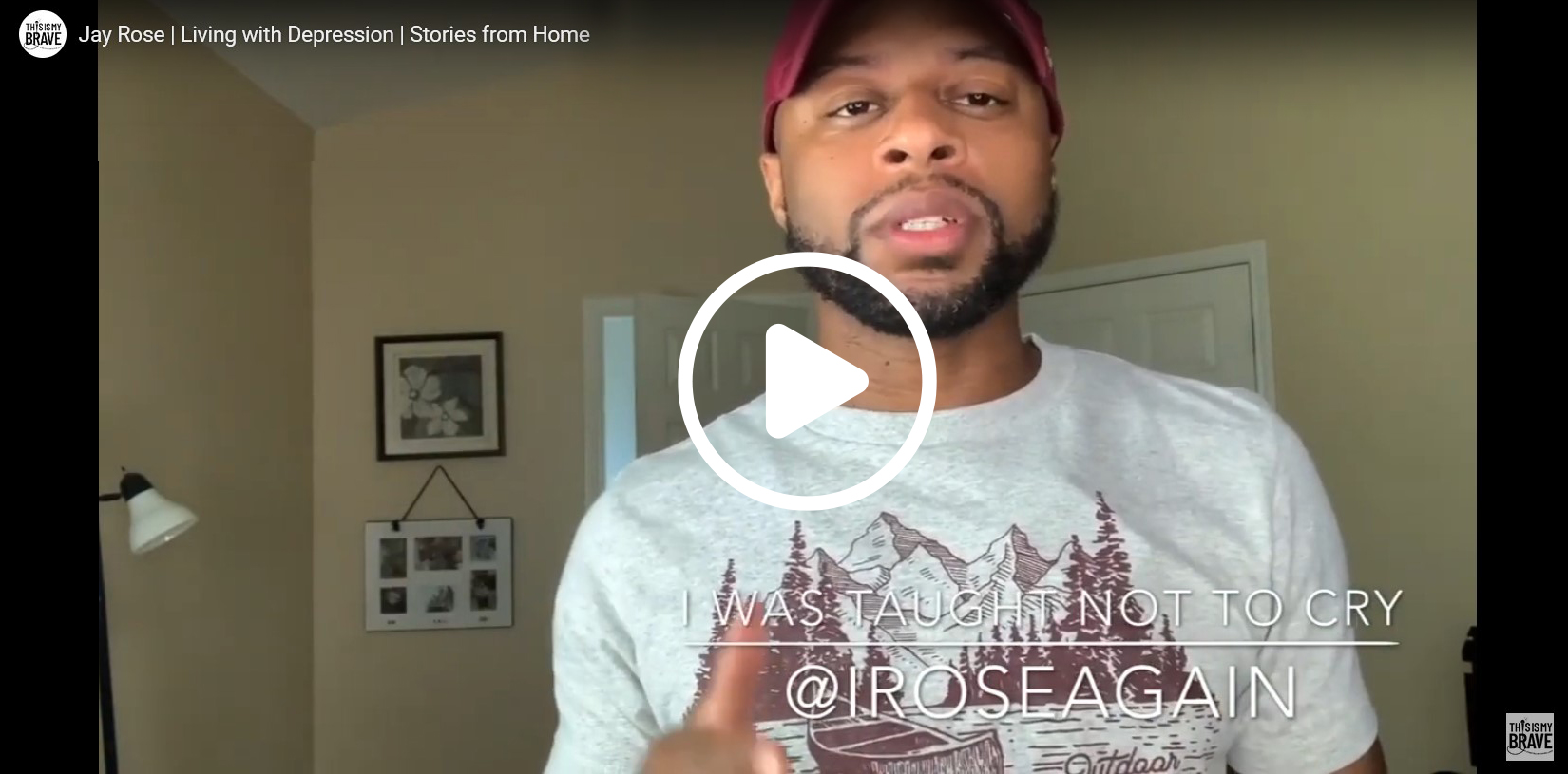Mental Health Awareness Month
— BRAVE CONVERSATIONS SERIES —
A Deliberate Approach to Diversity, Equity, and Inclusion
Lawrence Hall’s DEI Committee strives to ensure Lawrence Hall is a diverse, equitable environment of belonging and inclusivity. Having “brave conversations” about diversity, equity, and inclusion (DEI) in the workplace is a necessity for healthy company culture and requires honesty, compassion, and self-reflection of all involved. Our Brave Conversations Series highlights topics not normally discussed but that have deep, personal impacts on our staff, youth, families, and communities.
May is Asian Pacific American Awareness Month and Mental Health Awareness Month. Today’s conversation discusses the stigmas surrounding mental illness.
CONTENT WARNING: This email contains references to mental illness, depression, eating disorders, addiction, and suicide.
What contributes to mental health stigmas?
According to data from the Centers for Disease Control and Prevention (CDC), 20 percent of Americans receive a mental health diagnosis in any given year. If 1 in 5 Americans have mental illness, why is it so hard to talk about?
In short, stigmas. History has not been kind to people with mental health conditions. During the Middle Ages, those with mental illness were seen as demonically possessed and in need of religion—a belief that still exists in some religious circles today.
Fear caused those with mental illness retreat from society. Seeing how bad the living conditions were for those with mental illness in the 19th century, Dorothea Dix spent 40 years persuading the U.S. government to fund state psychiatric hospitals for proper care. Though inpatient mental healthcare seemed like a step in the right direction, depiction of these isolated institutions in the media only added to public opinion of mental illness—ever seen the movie One Flew Over the Cuckoo’s Nest?—and eventually deinstitutionalization became the rallying cry. Unfortunately, a variety of factors left many struggling with mental illness on the streets with little support, further adding to the public stigma of mental health conditions.
Mental health stigmas also come from cultural values and gender assumptions. Many around the world still view being gay, lesbian, queer, and trans as mental illness in itself, creating a exponentially difficult fight for those in the LGBTQ+ community; not only do LGBTQ+ individuals deal with the same mental health issues as the general population, but they also must navigate being wrongly told their sexuality or gender expression is a mental illness.
In many Asian communities, mental illness is a sign of weakness, shame, and dishonor on family. One study showed that 63% of the Black community believed mental illness was also a sign of weakness. In addition, a systemic lack of quality and access to care for Black Americans creates distrust in the whole healthcare system, leading to fewer people seeking help. As for gender stigmas, men are less likely than women to seek help due to societal masculine norms and often turn to substance abuse to deal with depression rather than seek help. In fact, depression and suicide are ranked in the top 10 causes of death among men. Add intersectionalities to the equation—Black and Asian men, for instance—and the rate of help sought plummets.
Myths v. facts
The best way to combat mental health stigmas? Education.
Myth #1: People should be able to handle mental health issues on their own.
If you broke your arm, would you shake it off? Nope. Healthcare professionals would care for your arm in the best possible way to promote optimal healing. Same goes for mental health. Therapists and psychiatrists are medically trained professionals who guide you through a specialized regimen to optimize healing—just without a plaster cast.
Myth #2: Mental health problems are a sign of weakness.
Oh, no! You have strep throat! You must be weak…says no one. You can’t attribute strep throat to solely physical weakness, just as you can’t blame weakness for mental health issues. Mental illness is caused by very physical factors including genetic and family medical history, trauma early in life (childhood trauma physically changes your brain structure), and brain chemistry. As often as you need medicine for strep throat, you may need medicine for a mental health condition—and in both instances, you’ll get better.
Myth #3: Mental healthcare is only for those with severe problems. If you have enough friends, you don’t need a therapist.
Everyone has mental health, just like everyone has physical health, and an ounce of prevention is worth a pound of cure. Learning coping skills and stress reduction techniques, talking to a therapist periodically, and taking care of yourself in ways that bolster your mental health is for everyone, regardless of mental condition.
Myth #4: People with mental illnesses are dangerous.
Sensationalized media stories portray those with mental conditions as unstable and impulsive. In fact, those with mental illness are 10 times more likely to be victims rather than offenders, and many criminals with mental illness have other triggering factors that explain their violent behavior, such as substance abuse, adverse childhood experiences (ACEs), and environmental factors.
Myth #5: Eating disorders are a lifestyle choice.
Eating disorders are serious mental health conditions, not a chosen diet regime, and can be fatal. Specialized treatment is required to overcome eating disorders.
Myth #6: Addiction is a lack of willpower.
Longitudinal research studies show that strong self-control and willpower do not correlate with the ability to recover from addiction. No one can simply “will away” their addiction.
To explore more of the myths behind mental health stigmas, check out these myth-busting articles from the American Academy of Family Physicians, U.S. Department of Health and Human Services, and Medical News Today.
What can you do?
- Normalize mental health and treatment: We mention going to the dentist or picking up an antibiotic from the pharmacy, so why not chat about your mental health provider and antidepressants? All health is health, and while medical disclosure should always be voluntary, opening up the discussion about mental health illnesses will normalize the topic and chip away at the stigma.
- Educate yourself: Education is the best way to beat stigmas and stereotypes. Challenge your biases and beliefs with medical information, and many people—though definitely not all—who have mental illnesses welcome the opportunity to openly discuss their condition and inform others. Recognize that negative media portrayals play a huge part on our society’s view of those with mental illness.
- Choose empowerment over shame: If you threw a party, you wouldn’t leave out your friend because they have cancer. Social interaction and unconditional acceptance are proven ways to help and support those suffering with mental health issues. See the person, not the condition.
- Be conscious of language surrounding mental health: How you talk about mental health matters. No one is “crazy” or “possessed.” Instead of saying, “It could be worse,” or “Everyone feels this way sometimes,” use more person-first responses like, “Is there anything I can do to support you?” or “I can’t imagine what you’re going through.”
Need support? Start here.
It’s estimated that half of those with mental illnesses do not get help. If you’re feeling some kind of way, take a screening quiz. Online screening is one of the quickest and easiest ways to determine whether you are experiencing symptoms of a mental health condition, though these screenings are not the same as a medical diagnosis. See your physician if you have concerns.
If you or someone you know need support, know that you are not alone and that help is easy to receive:
- Prefer to text about what you’re going through? Try the all-virtual BetterHelp.
- LGBTQIA+ mental health issues? Reach out to a counselor at The Trevor Project.
- 988 mental health hotline: On July 16, 2022, the new national suicide and crisis number will go live across all devices. Similar to our national 911 emergency hotline, simply dial 988 if you or someone you know is contemplating suicide or needs mental health-related support, and you will be immediately connected with a trained mental health counselor in one of the National Suicide Prevention Lifeline’s network of over 200 crisis centers. 988 services are free, confidential, and available 24/7.
RESOURCES
How Are You, Really? — Honest, personal stories embracing mental health experiences
Black Emotion and Mental Health Collective — Find Black therapists in your area
National Queer and Trans Therapists of Color Network
Human Rights Campaign — LQBTQIA+ Resources
BIPOC Mental Health Resources (PDF)
MOVIES
Cured (2020)
One Flew Over the Cuckoo’s Nest (1975)
The Soloist (2009)
Silver Linings Playbook (2012)
Girl, Interrupted (1999)
Black Swan (2010)
A Beautiful Mind (2001)
Frankie and Alice (2010)
Uncut Gems (2019)
TV SERIES
A Million Little Things
This Is Us
Giants
BOOKS
(Don’t) Call Me Crazy: 33 Voices Start the Conversation About Mental Health
Edited by Kelly Jensen
The Body Keeps the Score
Dr. Bessel van der Kolk
Recovery: Freedom from our Addictions
Russel Brand
This Is Depression: A Comprehensive, Compassionate Guide for Anyone Who Wants to Understand Depression
Dr. Diane McIntosh
The Unapologetic Guide to Black Mental Health
Dr. Rheeda Walker
Man Enough: Undefining My Masculinity
Justin Baldoni
Headcase: LGBTQ Writers & Artists on Mental Health and Wellness
Stephanie Schroeder
PODCASTS
Search
Categories
- Blog (15)
- Grants and Awards (5)
- News (75)
Lawrence Hall is a 501(c)(3) organization. Gifts are deductible to the full extent allowable under IRS regulations.
©2025 Lawrence Hall All rights reserved. Site Construction by WorkSite










